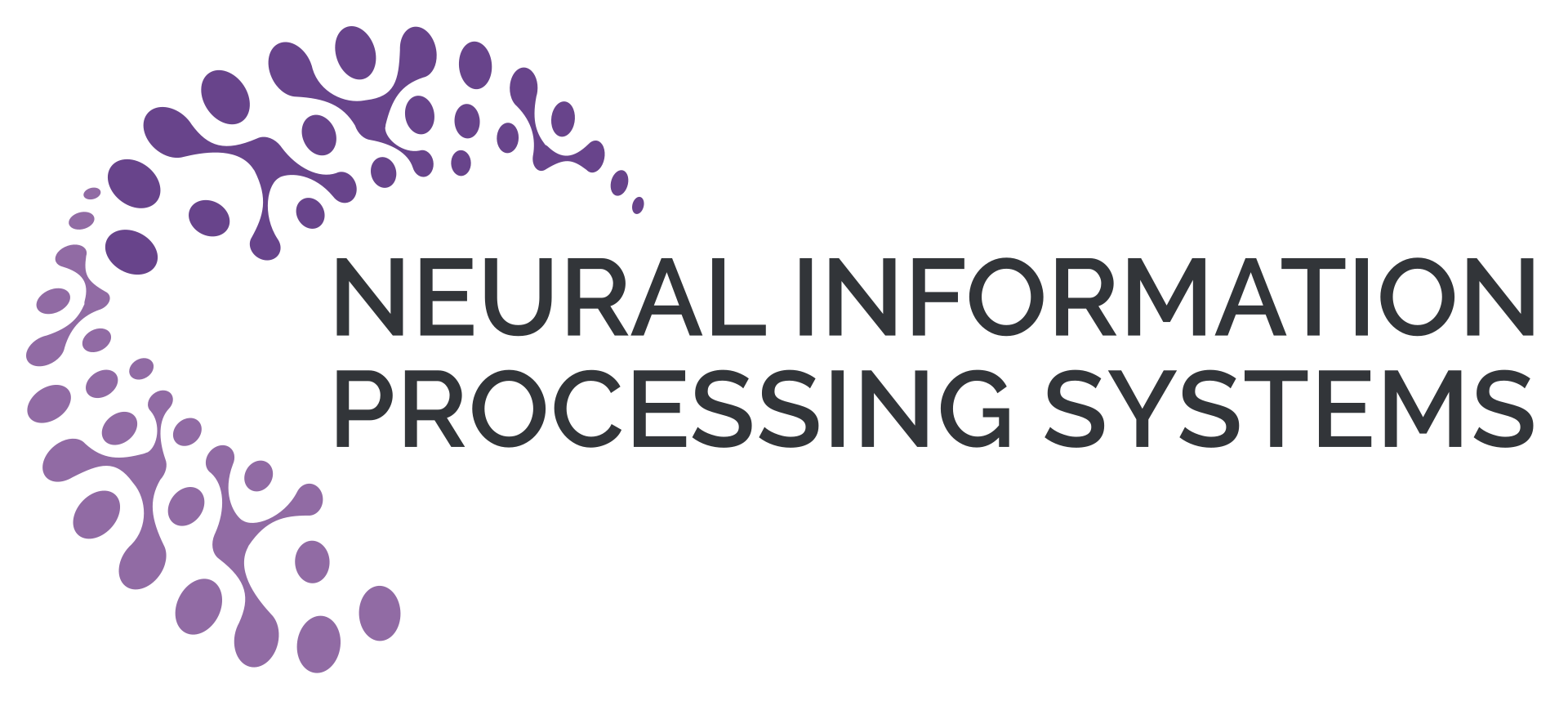22.11.2021
33 papers at NeurIPS 2021 accepted
The Cluster of Excellence “Machine Learning" has 12 members featured across 33 of the accepted papers at this year's NeurIPS conference.
The 34th Conference on Neural Information Processing Systems (NeurIPS) is held virtually from Dec 6 - 14, 2021. NeurIPS is the biggest conference on machine learning and computational neuroscience. The purpose of the annual meetings is to foster the exchange of research on neural information processing systems in their biological, technological, mathematical, and theoretical aspects. The core focus is peer-reviewed novel research which is presented and discussed in the general session, along with invited talks by leaders in their field.
This year, 12 of our cluster members are represented at NeurIPS with 33 papers.
List of titles of the papers by our members (check out the rest of the accepted papers here):
- Fine-Grained Zero-Shot Learning with DNA as Side Information.
Sarkhan Badirli, Zeynep Akata, George Mohler, Christine Picard, Mehmet Dundar - Robustness via Uncertainty-aware Cycle Consistency.
Uddeshya Upadhyay, Yanbei Chen, Zeynep Akata - Removing Inter-Experimental Variability from Functional Data in Systems Neuroscience.
Dominic Gonschorek, Larissa Höfling, Klaudia Szatko, Katrin Franke, Timm Schubert, Benjamin Dunn, Philipp Berens, David Klindt, Thomas Euler - How Well do Feature Visualizations Support Causal Understanding of CNN Activations?
Roland Zimmermann, Judy Borowski, Robert Geirhos, Matthias Bethge, Thomas Wallis, Wieland Brendel - Partial success in closing the gap between human and machine vision.
Robert Geirhos, Kantharaju Narayanappa, Benjamin Mitzkus, Tizian Thieringer, Matthias Bethge, Felix A. Wichmann, Wieland Brendel - Sparsely Changing Latent States for Prediction and Planning in Partially Observable Domains.
Christian Gumbsch, Martin V. Butz, Georg Martius - Two steps to risk sensitivity.
Christopher Gagne, Peter Dayan - ATISS: Autoregressive Transformers for Indoor Scene Synthesis.
Despoina Paschalidou, Amlan Kar, Maria Shugrina, Karsten Kreis, Andreas Geiger, Sanja Fidler - Shape As Points: A Differentiable Poisson Solver.
Songyou Peng, Chiyu Jiang, Yiyi Liao, Michael Niemeyer, Marc Pollefeys, Andreas Geiger - Projected GANs Converge Faster.
Axel Sauer, Kashyap Chitta, Jens Müller, Andreas Geiger - On the Frequency Bias of Generative Models.
Katja Schwarz, Yiyi Liao, Andreas Geiger - MetaAvatar: Learning Animatable Clothed Human Models from Few Depth Images.
Shaofei Wang, Marko Mihajlovic, Qianli Ma, Andreas Geiger, Siyu Tang - Statistical Undecidability in Linear, Non-Gaussian Causal Models in the Presence of Latent Confounders.
Konstantin Genin - An Infinite-Feature Extension for Bayesian ReLU Nets That Fixes Their Asymptotic Overconfidence.
Agustinus Kristiadi, Matthias Hein, Philipp Hennig - Meta-Learning the Search Distribution of Black-Box Random Search Based Adversarial Attacks.
Maksym Yatsura, Jan Metzen, Matthias Hein - Laplace Redux - Effortless Bayesian Deep Learning.
Erik Daxberger, Agustinus Kristiadi, Alexander Immer, Runa Eschenhagen, Matthias Bauer, Philipp Hennig - Cockpit: A Practical Debugging Tool for the Training of Deep Neural Networks.
Frank Schneider, Felix Dangel, Philipp Hennig - Linear-Time Probabilistic Solution of Boundary Value Problems.
Nicholas Krämer, Philipp Hennig - A Probabilistic State Space Model for Joint Inference from Differential Equations and Data.
Jonathan Schmidt, Nicholas Krämer, Philipp Hennig - Neural-PIL: Neural Pre-Integrated Lighting for Reflectance Decomposition.
Mark Boss, Varun Jampani, Raphael Braun, Ce Liu, Jonathan Barron, Hendrik Lensch - Hierarchical Reinforcement Learning with Timed Subgoals.
Nico Gürtler, Dieter Büchler, Georg Martius - Causal Influence Detection for Improving Efficiency in Reinforcement Learning.
Maximilian Seitzer, Bernhard Schölkopf, Georg Martius - Planning from Pixels in Environments with Combinatorially Hard Search Spaces.
Marco Bagatella, Miroslav Olšák, Michal Rolínek, Georg Martius - Dynamic Inference with Neural Interpreters.
Nasim Rahaman, Muhammad Waleed Gondal, Shruti Joshi, Peter Gehler, Yoshua Bengio, Francesco Locatello, Bernhard Schölkopf - The Inductive Bias of Quantum Kernels.
Jonas Kübler, Simon Buchholz, Bernhard Schölkopf - Self-Supervised Learning with Data Augmentations Provably Isolates Content from Style.
Julius von Kügelgen, Yash Sharma, Luigi Gresele, Wieland Brendel, Bernhard Schölkopf, Michel Besserve, Francesco Locatello - Iterative Teaching by Label Synthesis.
Weiyang Liu, Zhen Liu, Hanchen Wang, Liam Paull, Bernhard Schölkopf, Adrian Weller - DiBS: Differentiable Bayesian Structure Learning.
Lars Lorch, Jonas Rothfuss, Bernhard Schölkopf, Andreas Krause - Independent mechanism analysis, a new concept?
Luigi Gresele, Julius von Kügelgen, Vincent Stimper, Bernhard Schölkopf, Michel Besserve - Backward-Compatible Prediction Updates: A Probabilistic Approach.
Frederik Träuble, Julius von Kügelgen, Matthäus Kleindessner, Francesco Locatello, Bernhard Schölkopf, Peter Gehler - Regret Bounds for Gaussian-Process Optimization in Large Domains.
Manuel Wuethrich, Bernhard Schölkopf, Andreas Krause - A flow-based latent state generative model of neural population responses to natural images.
Mohammad Bashiri, Edgar Walker, Konstantin-Klemens Lurz, Akshay Jagadish, Taliah Muhammad, Zhiwei Ding, Zhuokun Ding, Andreas Tolias, Fabian Sinz - Towards robust vision by multi-task learning on monkey visual cortex.
Shahd Safarani, Arne Nix, Konstantin Willeke, Santiago Cadena, Kelli Restivo, George Denfield, Andreas Tolias, Fabian Sinz

